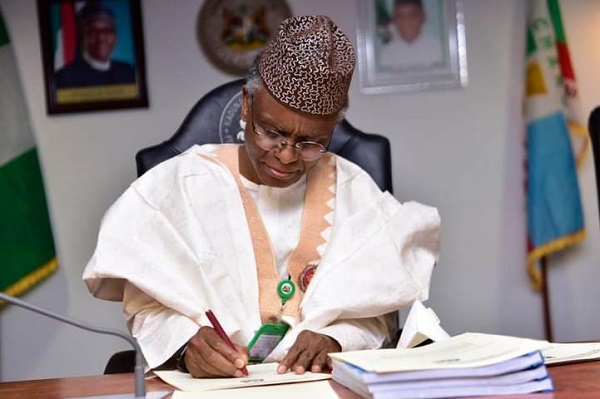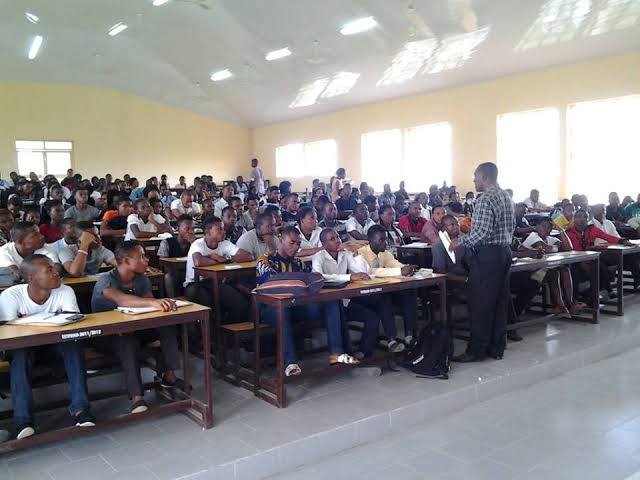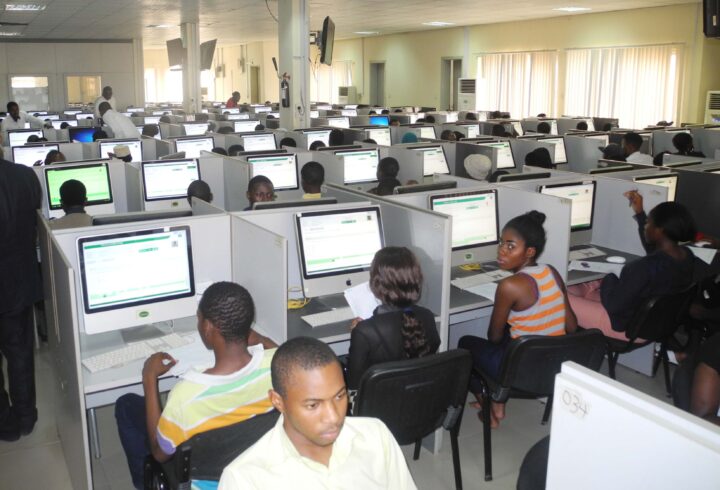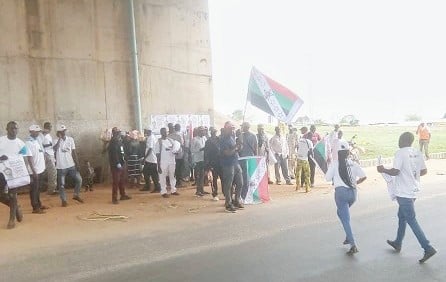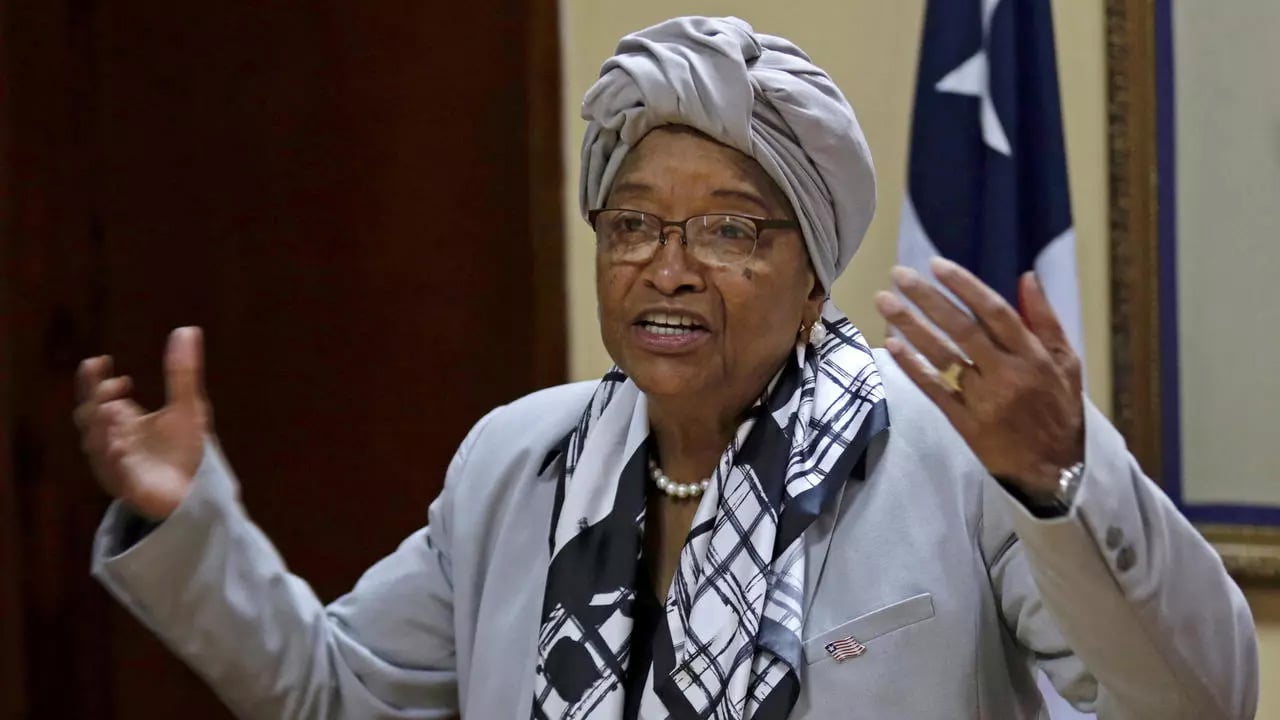The Kaduna state government has defended its decision to sack 4,000 workers despite threats of strike by labour unions.
While addressing a press conference on Saturday, Jafaru Sani, Kaduna commissioner of local government, and Bariatu Mohammed, head of service, said the state will not subject public policy to public outcry.
In April, Nasir el-Rufai, the governor, disengaged the workers across the 23 LGAs in the state.
The Nigeria Labour Congress (NLC) kicked against the move and threatened to ground activities with a strike.
Advertisement
Sani and Mohammed said it is not sustainable for the state to continue to spend “84 to 96 percent” of its federation accounts allocation committee (FAAC) receipts on salaries and personnel cost as it has done since October 2020.
“This government was not elected to devote most public funds to paying government workers and treat that as its defining governance mission, to the detriment of developing the state and its people,” they said.
“In September 2019, the Kaduna state government became the first government at any level in Nigeria to pay the new minimum wage, along with consequential adjustments and it has continued to faithfully respect this obligation. It followed up by swiftly raising the minimum pension to N30,000 monthly for retirees on the old defined benefits scheme.
Advertisement
“The 23 local government councils in the state also complied and began paying the new wages. Amidst all the revenue challenges we have encountered over the last six years, the Kaduna state government has always prioritised its ability to deliver capital projects and pay its personnel costs, especially salaries.
“Kaduna is also one of the states that are most faithful in implementing the contributory pension scheme, effective from January 1, 2017. It has courageously attempted to settle the N14 billion it inherited as arrears of death benefit and gratuity from 2010, commencing payments with those who had exited service the longest. Since 2015, the Kaduna State government has paid over N13bn in death benefits and gratuity.
“Kaduna state civil servants bought most of the non-essential residential houses the government sold in 2017 and the state government supported their ability to pay for these houses by arranging single-digit interest mortgages for them,” the officials said.
“Therefore, this government has demonstrated in action its commitment to the welfare of its workers. But it insists that this is sustainable only in the context of the general welfare of residents of the state that the government itself is mandated to serve.”
Advertisement
The state government added that it has initiated public service reforms and has continued to recruit required professionals.
Add a comment

